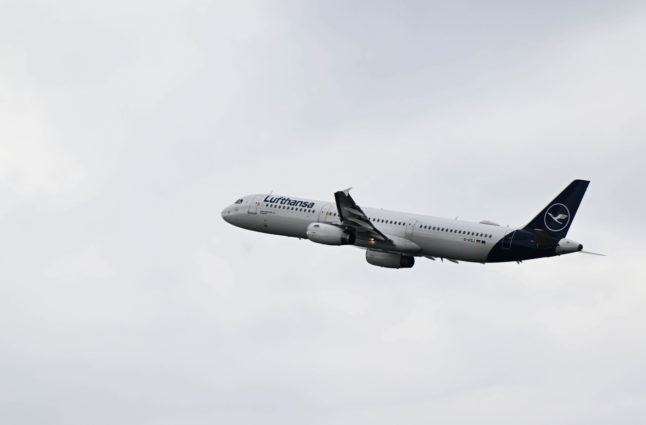As of mid-2023, Germany’s Statistical Office reported a staggering 25 percent surge in prices for international flights, with Europe-bound flights seeing an even steeper 32 percent increase compared to the previous year. While the high-priced summer holiday season is drawing to a close, flight costs are not expected to get cheaper even as autumn approaches.
For instance, at the start of the autumn holidays in Hamburg, a one-way flight to the Spanish city of Málaga is priced at €443, while Condor is charging €499 for the same route.
Low-cost companies avoiding the German market
One reason for the expensive tickets is the relatively high airport fees charged in Germany. Germany charges airlines some of the highest airport fees, aviation security fees and aviation tax in Europe and, when it comes to travel across European borders, Germany is one of the only countries to apply higher taxes for domestic flights than for trains (19 percent versus seven percent).
READ ALSO: On which popular routes in Europe is train travel cheaper than flying?
As a result, some low-cost airlines like Ryanair, Easyjet, and Wizz Air have avoided flying in Germany. Their offers at German airports in the first half of the year reached only 63 percent of the 2019 level as, with limited capacity, the companies first looked at where they could earn money most easily.
The German aviation fee structure was called “dysfunctional and non-competitive” by Ryanair boss Eddie Wilson in a recent interview with the WELT newspaper. He warned that, while the European budget airline will continue to expand, the comparatively high costs on the aviation industry in Germany mean that the company will not prioritise expansion in the Bunedesrepublik.
Limited supply
The most important reason for the high prices remains the unfavourable ratio of supply and demand for consumers. The German aviation market is recovering much more slowly from the pandemic shock than in many other EU countries; in the first half of the year, the number of available flights reached around 75 percent of the pre-crisis level of 2019.
READ ALSO: Why are fewer people taking domestic flights in Germany?
Larger airports still have problems recruiting sufficient personnel for the tough shift work in aircraft handling. To avoid a repeat of the chaos in the summer of 2022, tens of thousands of flights were cancelled from the start of the summer schedule for 2023.
Other factors
Gerald Wissel, an expert from consulting firm Airborne, points to a number of reasons for the price hikes. Inflation has led to a significant increase in costs for essentials ranging from personnel to maintenance services. and airports and air traffic control have also increased their charges accordingly.
Wissel elaborates that the German Air Traffic Control faces a specific legal dilemma, where it must operate on a cost-recovery basis. However, this approach isn’t adopted uniformly across European states.
“The German Air Traffic Control has the specific legal problem that it must work on a cost-recovery basis in principle. They are now trying to make up for the losses from the Corona period with significant fee increases. This is not the case in all European states.”



 Please whitelist us to continue reading.
Please whitelist us to continue reading.
Member comments